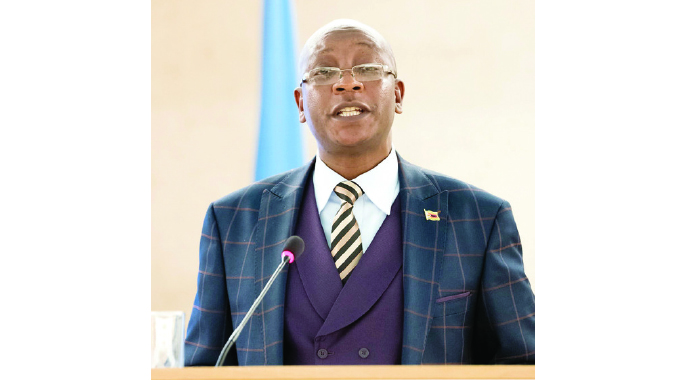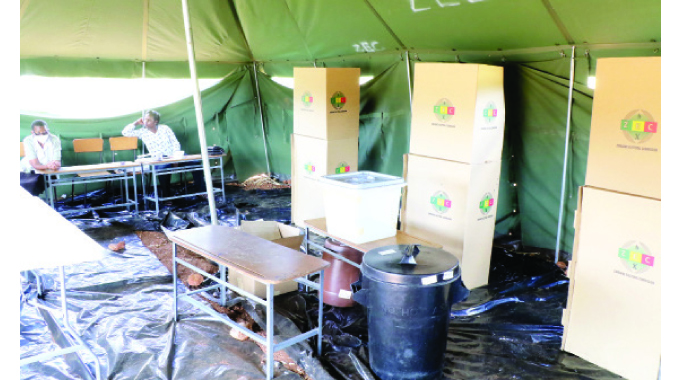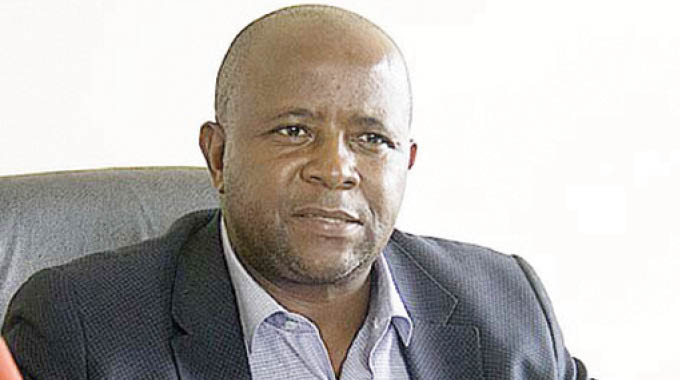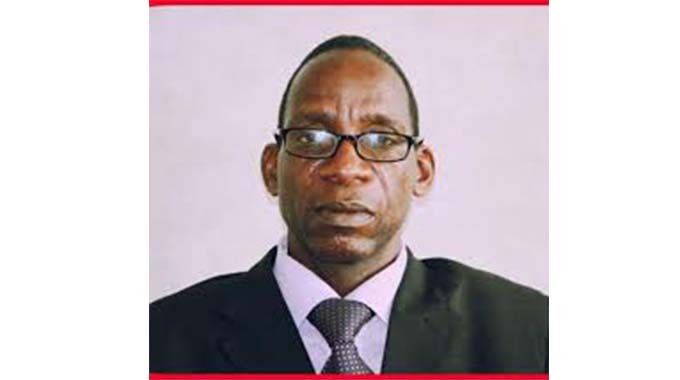
PARLIAMENT is today expected to decide on election nomination fees following an order by the Constitutional Court after hearing an application that said the amount of money required was beyond the reach of some candidates.
Zimbabwe is set to hold harmonised elections on August 23 while candidates are expected to file their papers at the Nomination Court on June 21.
Government gazetted Statutory Instrument 144 of 2022 which set nomination fees for those intending to contest in elections.

Harmonised elections
The gazetted fee for a presidential candidate was pegged at US$20 000 and US$1 000 for MPs.
Nationalists Alliance Party (NAP) leader Devine Mhambi Hove challenged the nomination fees at the Constitutional Court.
The apex court ruled that Parliament had breached the Constitution by not looking at whether the statutory instrument 144 of 2022 was in contravention of the Constitution before passing it.
The court gave Parliament up to Friday to finalise on the matter.
In an interview yesterday, Justice, Legal and Parliamentary Affairs Minister Ziyambi Ziyambi said the National Assembly is expected to discuss and even vote if the fee is to stand or not.
Minister Ziyambi said the processes that are expected to unfold today is for Parliamentary Legal Committee to table a report on the constitutionality of Statutory Instrument 144 of 2022.
He said if the committee issues a non-adverse report, the fees will stand but if it tables an adverse report, it will have to justify its decision before lawmakers make a decision.
“What it means is that the Parliamentary Legal Committee (PLC) must sit and produce a report which I hope they did because they were given up to the 16th of this month to complete those processes,” said Minister Ziyambi.

Money – Image taken from Pixabay
“And then go with their report to Parliament and issue either a non-adverse report in which the fees will stand or they are issuing an adverse report in which Parliament will debate and vote. I think tomorrow (today) when they sit in the afternoon, we will know the position after the debate.”
He said before Parliament makes a decision on the nomination fees, the gazetted fees are still operational.
“As we speak, the fees are still standing that’s according to Constitutional Court because it said Parliament finish your processes. Statutory instrument is subsidiary legislation because it is delegated powers to make laws by Parliament,” he said.
“But once you make a statutory instrument it will start working the day that you publish it. But if Parliament decides that it is not constitutional then it falls away, so currently that statutory instrument is still in operation until Parliament meets and complete its work.”
“The Speaker will highlight the one that was given an adverse report and the chairperson of the Parliamentary Legal Committee would then read out their report indicating the reasons for issuing an adverse report on the law. Parliament will then vote whether to accept the report from PLC or allow the Statutory Instrument to stand,” he said.
Minister Ziyambi said Mr Hove jumped the gun when he took the matter to the Constitutional Court before Parliament had finalised its process.
He said the court processes had to be finalised before Parliament could act on the report.
“So, when this statutory instrument was issued, someone rushed to the courts and then Parliament said we cannot continue with our processes when the matter is before the court. So, the court said Parliament should continue with your work and issue either a non-adverse or an adverse report and complete,” he said.
Zanu-PF chief whip Cde Pupurai Togarepi said the party will take a position after the PLC makes its submissions.

Cde Pupurai Togarepi
“At this stage we are waiting for the Parliamentary Legal Committee to do its work as was directed by the court. The PLC will bring its position to Parliament which will then give us direction. I therefore suggest that we wait for the report from the relevant parliament committee,” said Cde Togarepi.
On the other hand, MDC Alliance chief whip Mr David Tekeshe said as the National Assembly debates the matter today, their position is that the nomination fees were too high.
“Tomorrow, we expect to be deliberating on that. It is very outrageous because it impedes other people who would be shut out on the basis that they do not have money, yet they can represent the people, so they will end up not contesting,” said Mr Tekeshe.

Professor Lovemore Madhuku
Constitutional lawyer Professor Lovemore Madhuku said it will be ideal for the country reverts to the past nomination fees.
He said the right to contest in elections should not be decided using money.
“They (nomination fees) take out people who would want to participate in politics. It limits political participation to the elite. You must have money to exercise your right to participate in politics and compete for the public office. With the prevailing nomination fees, if you don’t have US$20 000 you cannot even aspire to be a president. I don’t think it’s proper to say someone without money cannot be a president,” said Prof Madhuku.
Chronicle




